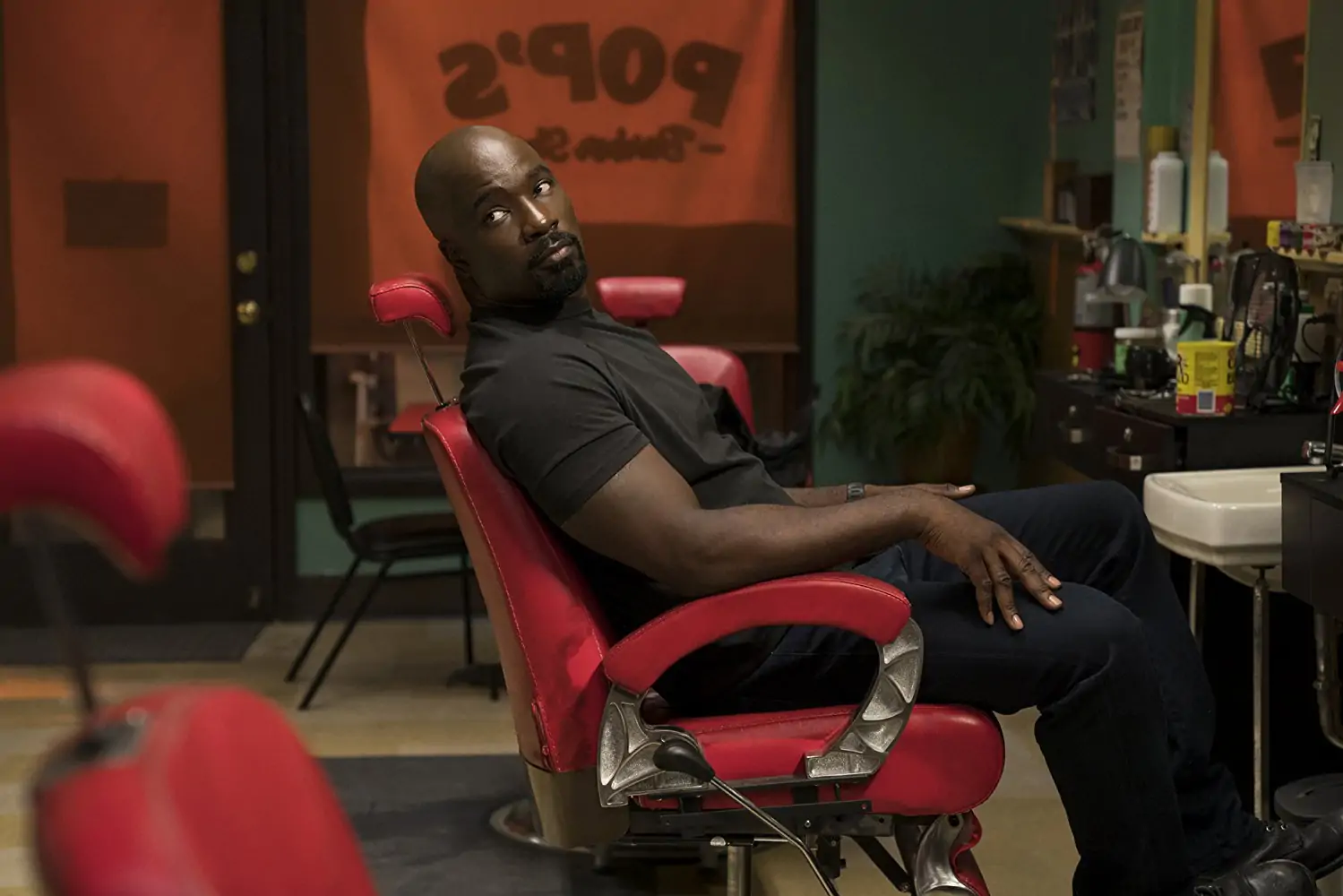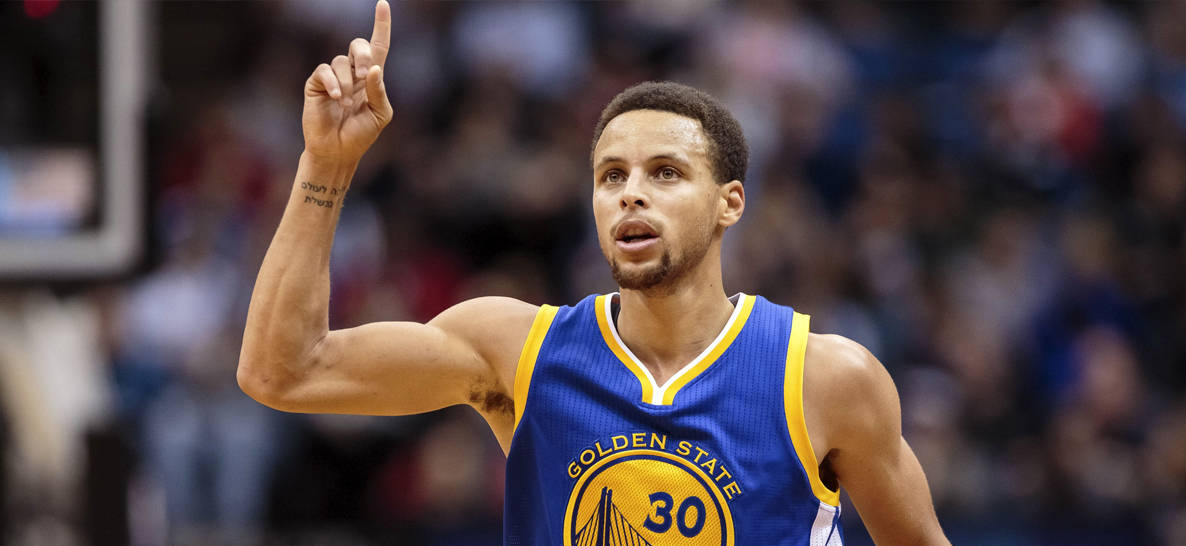
On the same weekend it released a third season of popular Marvel series Daredevil, Netflix announced it was cancelling a different superhero show: Luke Cage. The news comes just a week after the streaming service cancelled Iron Fist after two seasons. The moves effectively cut Marvel television’s presence on Netflix almost in half, surely as if Thanos himself had snapped them into dust.
With only Daredevil and Jessica Jones remaining of the original Defenders lineup (note: The Punisher is still alive as well, though the character is not considered part of Marvel’s Defenders lineup), what was once considered a pillar of Netflix’s original series offering is now crumbling before our eyes. Sure, Iron Fist was panned by critics and mostly derided by fans of the other shows, but Luke Cage was well-reviewed through two seasons, and was positioned in season two as an opportunity for Netflix to explore complex and timely race issues in an accessible, populist TV show.
The four Defenders series were designed from the outset to intersect in yet another ambitious crossover event for Marvel. Daredevil, Jessica Jones, Luke Cage and Iron Fist did unite in last year’s Defenders event series, but most fans thought the wait wasn’t worth it, and reception was mixed at best. As the shows have continued, clear favorites like Daredevil have emerged while other stories have lagged. The result is inconsistent commitment across the board from the studio.
The state of Marvel television has become much more diversified and fragmented since Netflix began its endeavors with the first season of Daredevil. Disney partially owns just about all the Marvel shows, but you’ll find some of them on Freeform (Cloak and Dagger), Hulu (Runaways) or Disney’s upcoming streaming service (Loki and Scarlet Witch have standalone miniseries announced for the coming platform).
But is that reason for Netflix to cut the cord for some of its most recognizable properties? The service won’t release their viewing numbers, of course, but it’s plausible that the dip in show quality has lead to a decline in viewership. Each of the Defenders’ shows are a bit bloated and overlong, which on a binge-ready platform like Netflix is often a cardinal sin. What’s more, the release of the Defenders’ series aren’t at the event level as the MCU movies, and if anything’s falling victim to superhero fatigue, it could be television.
What’s more, Netflix is more things to more people now. They’re a food channel and a reality-TV channel. They have a huge slate of quality true crime offerings. They have a nice array of romantic comedies, with some fun teen-centric TV shows to match. The reason to have Netflix now is so much more than superheroes, so maybe the audience has broadened past the taste of Marvel superfans, or maybe there’s more shows that mask a new Daredevil or Jessica Jones.
It’s not clear what’s next for Marvel TV on Netflix. In the comics, Luke Cage and Iron Fist frequently team up as “The Heroes For Hire,” so Marvel could reboot both shows for the price of one. Another possibility would be a Daughters of the Dragon show, promoting Luke Cage‘s Misty Knight and Iron Fist‘s Colleen Wing to star players with a much-teased team-up. These both seem like fair-to-decent possibilities, though whether they’ll appear on Netflix or as part of Disney’s upcoming in-house streaming service is anyone’s guess.
The future will likely be determined in part by what Disney chooses to do with its in-house streaming service. If a lot of money goes toward that (and it leads to eyeballs), then the Marvel series that still exist on Netflix could be in danger as well. (h/t NBC News)























